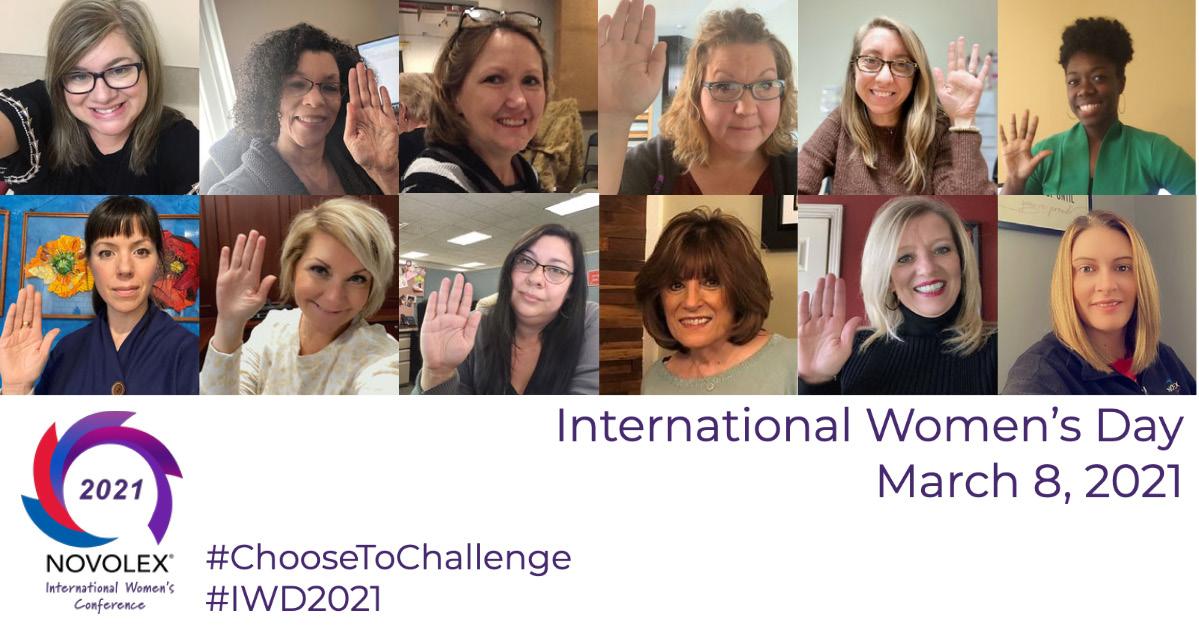
2 minute read
Ethics, Integrity and Human Rights
NOVOLEX UNDERSTANDS that our reputation rests on the conduct of every member of the Novolex family, from our employees to those we choose as business partners. We hold our employees and business partners to the highest ethical standards and weave this expectation through the fabric of our culture and everyday communications.
Employee Code of Conduct
In 2021, Novolex updated our Employee Code of Conduct that embodies our company values and provides a foundation for our ethical standards. Along with company policies, the Code serves as our employees' guide to conducting business with integrity. All Novolex employees must adhere to the Code and are required to acknowledge the Code and the Novolex Employee Handbook upon new-hire orientation. In addition, the Novolex Ethics Helpline is an independent ethics and compliance resource for employees to report potential violations of the Code without fear of retribution. IN 2021 NOVOLEX UPDATED OUR EMPLOYEE CODE OF CONDUCT THAT
OUR ETHICAL STANDARDS.
Human Rights
An important component of our values is our commitment to respect human rights and apply responsible business practices across our operations and supply chain. To strengthen this commitment, we have a formalized Novolex Policy on Human Rights. Globally recognized declarations and covenants, including the UN Global Compact and the International Labor Organization conventions, guide the Policy. We also adhere to all laws and regulations designed to prevent human rights abuses, including the United Kingdom Modern Slavery Act of 2015 and the California Transparency in Supply Chains Act. The Novolex Statement on Human Trafficking and Anti-Slavery sets forth our compliance with both acts.
Human Rights Compliance
To further identify and manage potential risks in our supply chain, we engage a third party to survey our suppliers that present inherent risk. The risk assessment is based on factors such as the country of production, raw materials used and products manufactured. The determinations are based on risk scores made by leading international organizations including the World Bank Governance Indicators, the U.N. Human Development Index, the Transparency International Corruption Index and the U.S. State Department Trafficking in Persons Report. Suppliers that met the risk criteria received selfassessment questionnaires covering human rights, labor, and environmental, health and safety practices and management systems. In 2022, we will refresh training for our procurement organization around supply chain ESG topics applicable to suppliers. The training will empower and equip our procurement organization with the knowledge and tools needed to identify risks and help suppliers remedy them.










